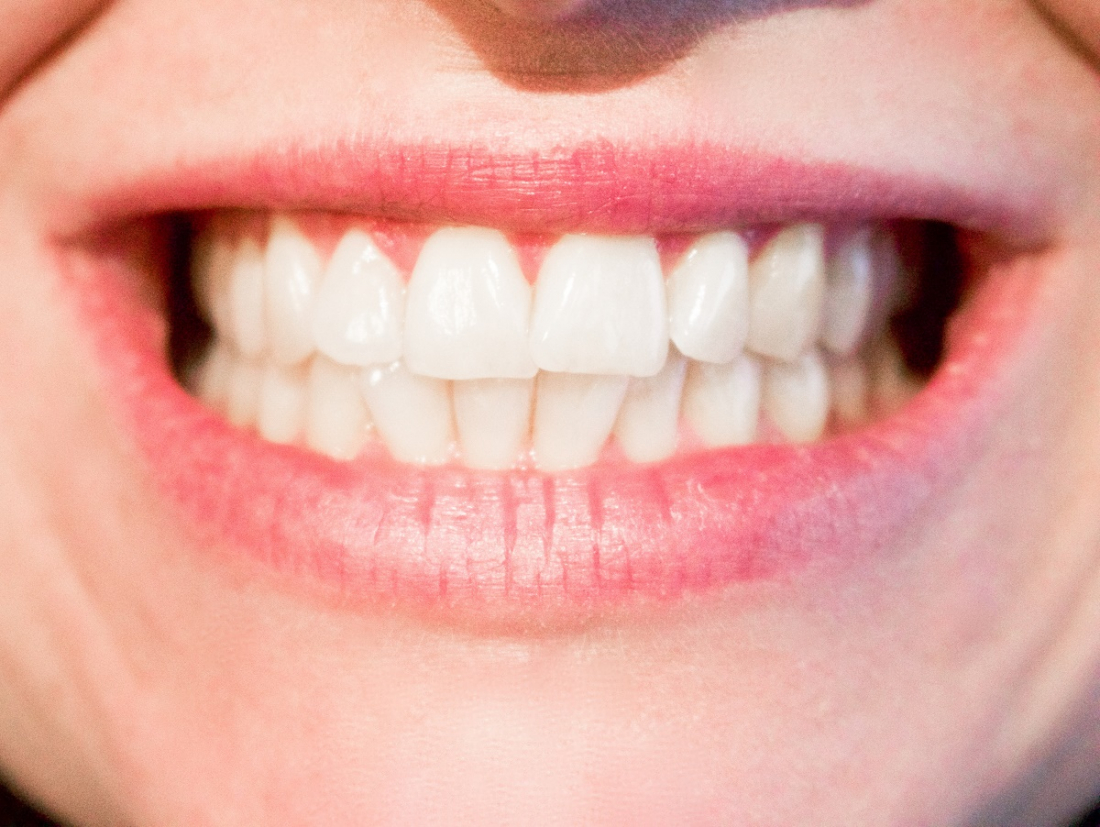
Most adults will have to endure fillings at some point in their lives, but an end to the uncomfortable procedure could be in sight after scientists from the Dental Institute at King's College London discovered a way of stimulating tooth regrowth and repairing cavities.
The team found that when a biodegradable sponge was soaked in the drug Tideglusib and put inside a cavity, it could encourage cells in the dental pulp to heal small holes in mice teeth, leading to "complete, effective natural repair" in four to six weeks.
While teeth are able to regenerate a thin band of dentine – the layer between the enamel and the pulp of the tooth – it’s not enough to repair large cavities that are the result of tooth decay.
Tideglusib heightens the activity of stem cells in the dental pulp, triggering them to develop into odontoblasts (specialised tooth cells) and boosting the production of dentine. As the sponge – made from collagen - degrades, new dentine is regenerated to replace it. "The sponge is biodegradable, that's the key thing,” one of the researchers, Prof. Paul Sharpe, told the BBC. “The space occupied by the sponge becomes full of minerals as the dentine regenerates so you don't have anything in there to fail in the future."
There have been some concerns that Tideglusib could play a role in the formation of tumors, but the drug has been used to safely treat patients with neurological conditions such as Alzheimer's disease and dementia in the past, which could speed up its adoption among dental practices. "The safety work has been done and at much higher concentrations so hopefully we're on to a winner," said Prof Sharpe.
The researchers estimate that the treatment could become commercially available within three to five years.